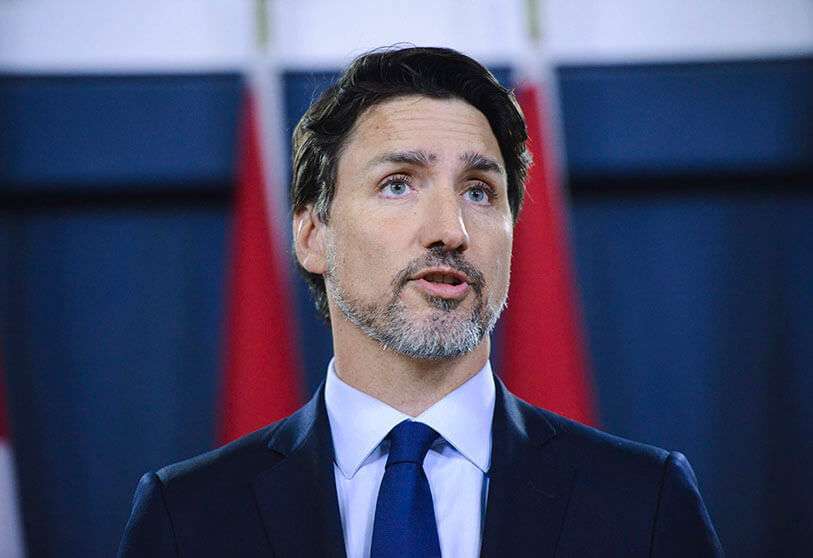Saudi Arabia and Canada restore diplomatic relations five years later

Saudi Arabia has long been following a roadmap meticulously drawn up by Riyadh. Its aspirations for international leadership include strengthening its relations, not only with neighbouring countries - as it has been doing recently - but also with others that extend the frontiers of its ties. Five years after severing diplomatic ties, Canada and Saudi Arabia have made official an agreement to restore full diplomatic relations and appoint new ambassadors. In 2018, a tweet from the Canadian embassy in Riyadh calling for the immediate release of women's rights activists in the Saudi country sparked the rift that now seems to have found its resolution.
The Asia-Pacific Economic Cooperation (APEC) summit in Bangkok in November last year was largely to blame for this development. It was there that Canadian President Justin Trudeau and Saudi Arabia's Crown Prince Mohammed bin Salman reportedly held their first talks on resuming ties. The Saudi Foreign Ministry said in an official statement that this change was due to "the desire of both sides to restore diplomatic relations between the two countries on the basis of mutual respect and common interests".
The Ministry of Foreign Affairs announces that in light of what has been discussed between HRH Crown Prince Mohammed bin Salman and the Prime Minister of Canada Justin Trudeau, it has been decided to restore the level of diplomatic relations with Canada to its previous state. pic.twitter.com/zrPmhjskz7
— Foreign Ministry 🇸🇦 (@KSAmofaEN) May 24, 2023
Canada sees the current context as an important opportunity, considering Saudi Arabia as "fundamental within its region", a "major player", as Roland Paris, Trudeau's former foreign policy advisor and professor of international affairs at the University of Ottawa, puts it. In 2021, Riyadh was the largest export market for Ottawa reaching a volume of $1.65 billion, of which more than 80 per cent was transportation equipment. On the other hand, imports amounted to $2.4 billion, the vast majority being oil and petrochemicals, demonstrating the importance of the economic partnership between the two countries, which had been affected by the diplomatic rift.
Various sectors were also affected. Following the Canadian embassy's tweet that opened the rift, Saudi Arabia responded by freezing new trade and investment agreements that were being put in place, as well as suspending all flights with Canada. In addition, all students from Canada were reassigned and all educational exchange programmes were suspended indefinitely. As a result, many observers considered the reaction to be disproportionate. However, there is every indication that the new rapprochement could not only restore lost ties, but also deepen and deepen relations between Canadians and Saudis.

Jean-Philippe Linteau has been officially announced as the new Canadian ambassador to Riyadh. Despite the differences between the administrations, Canadian Foreign Minister Melanie Joly believes that "we need to have conversations with people with whom we don't always agree on everything in order to find global solutions to global problems". They also appreciate that "Saudi Arabia helped evacuate Canadians (in Sudan), and they are also playing an important role in finding a solution to the conflict there".
Riyadh's fronts are many and all are moving in the same direction. Since re-establishing diplomatic relations with Iran in a key shift in Middle East geopolitics, Saudi Arabia has hidden its more belligerent side in favour of understanding, as also demonstrated by its welcome of Syria into the Arab League ten years after its expulsion. It is clear that the reconfiguration that the region is undergoing is a decisive process for the balance of power in the coming years, and the Saudis have put all their efforts into consolidating their leadership and aspiring to become one of the international leaders.








